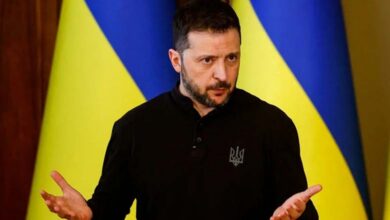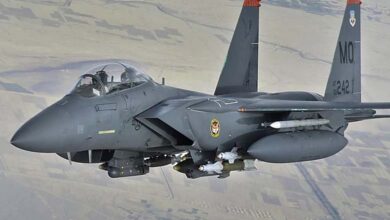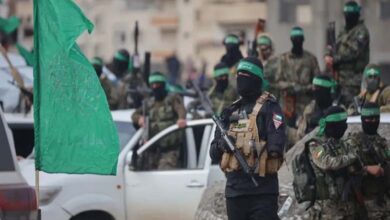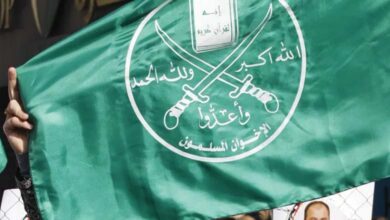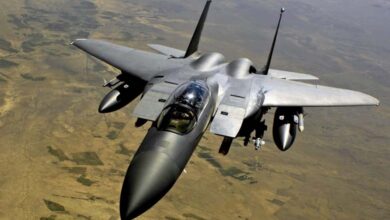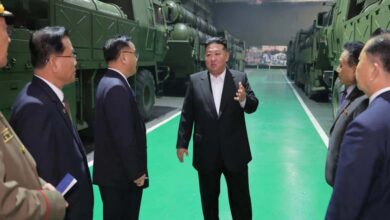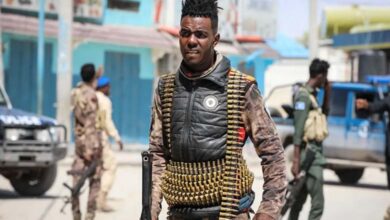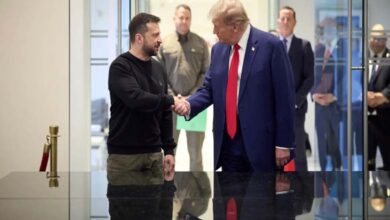UN report : Al Houthi militia is witnessing internal fighting to seize influence and money
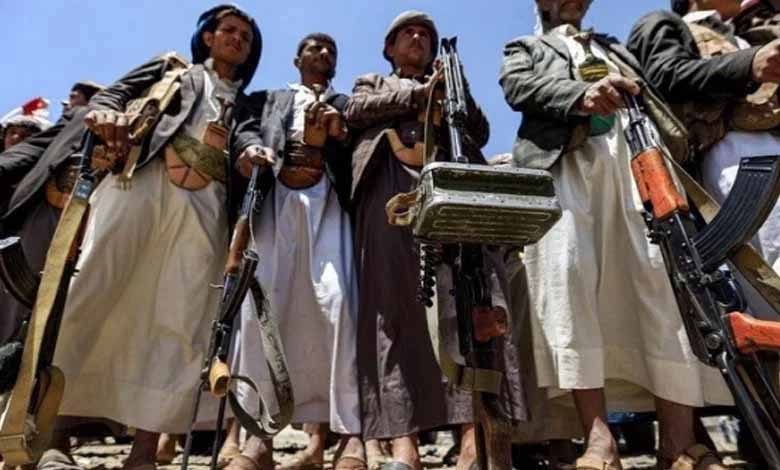
According to the latest report of the United Nations International Capacity Assessment Organization, the year of 2020 witnessed a large number of conflicts within the wings of the Houthi coup militia over land ownership, control of checkpoints and taxes.
The Houthi militia continues to amend laws and establish special bodies for their leaders, to legitimize their crimes against the Yemeni people and plunder their wealth, as Mahdi Al-Mashat, head of the so-called political militia office, created a new endowment body in response to Muhammad Ali Al-Houthi, who established the justice system.
These amendments sparked a wave of widespread condemnation of legal professionals, lawyers and judges, who rejected any amendments to legislation and laws that directly target the legal system and the legislative authority.
According to observers estimates, the Houthi robberies have prolonged more than 80% of the state’s land, real estate and property in the capital, Sanaa, and other Yemeni areas under militia control.
The report of the United Nations Group of Experts on Yemen confirmed that Houthi militia leaders are competing to enrich themselves from the limited public state resources and that Muhammad Ali Al-Houthi, Ahmed Hamed, and Abdel-Karim Al-Houthi have built competing force bases secured by separate security and intelligence structures.
The report indicated that the emergence of distinct Houthi power blocs based on economic interests undermines peace and humanitarian efforts.
The Houthi militia controls the capital, Sanaa, and along with them the main economic center in the country and their existing institutions,they take control of the trade and distribution of fuel, they control the trade in the energy sector, and profits from oil and gas sales that are transported to their regions.
Some leaders of the Houthi militia are also involved in smuggling various types of goods and materials, as well as managing the diversion of banned pesticides and chemical fertilizers.
Sources confirmed that Houthi leaders smuggle banned agricultural pesticides and supply them to the markets, in return for that militia to prevent all traders from importing pesticides and distributing them to the markets.


